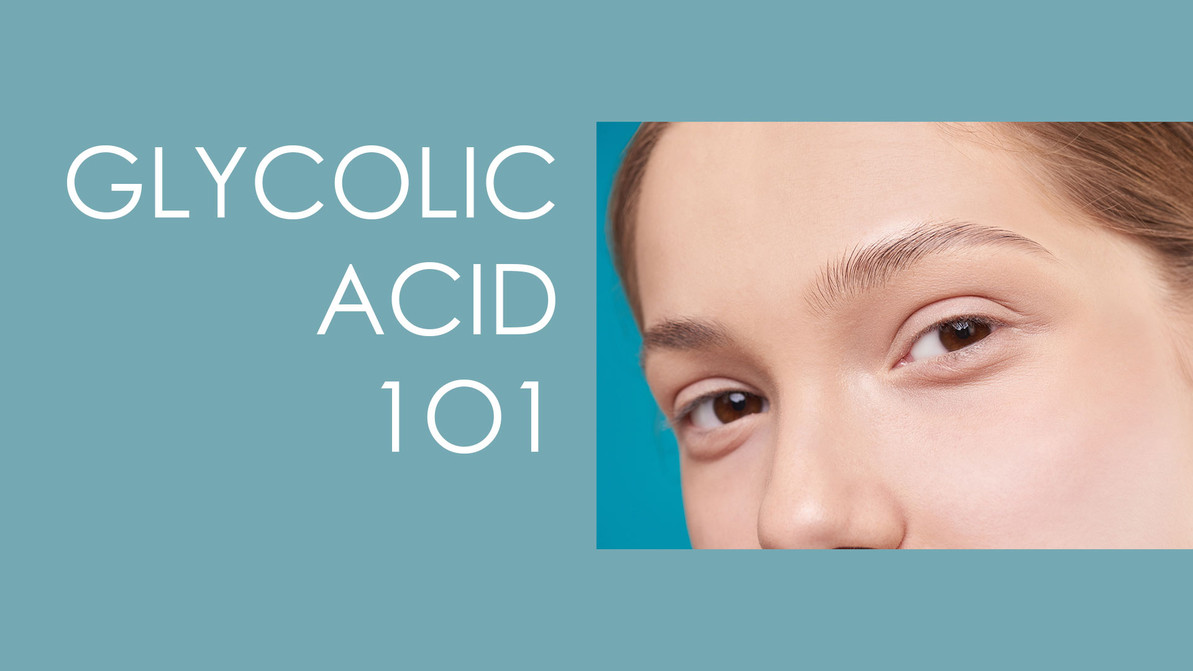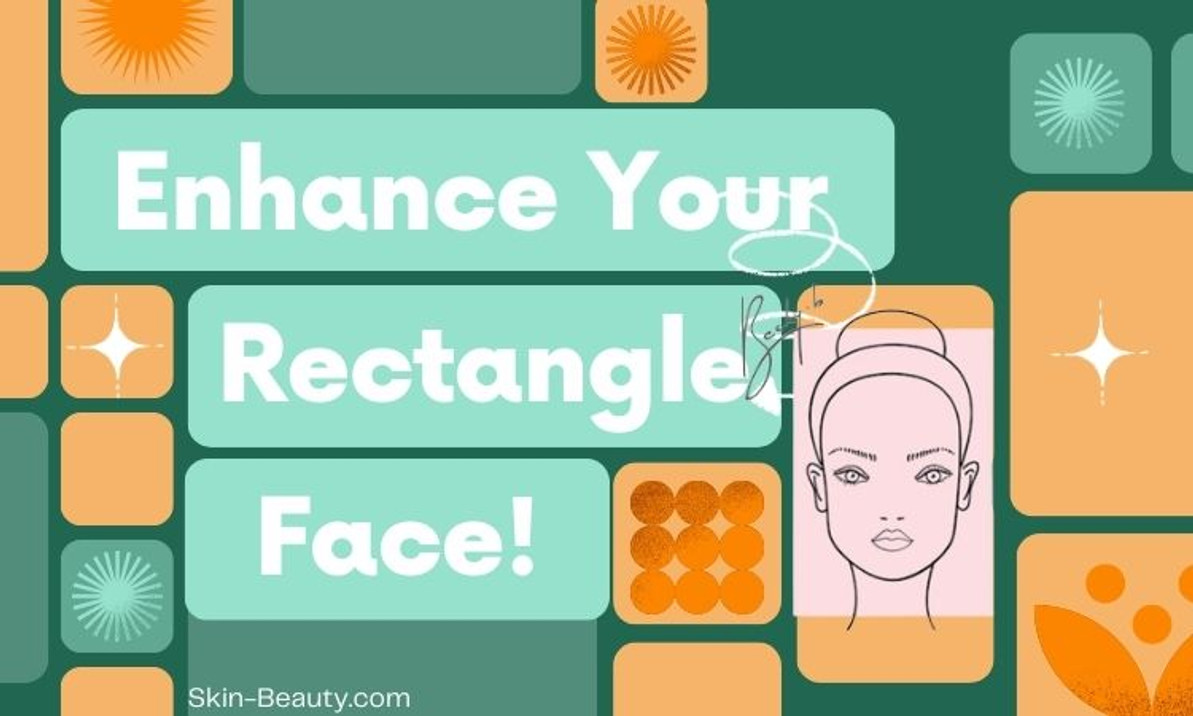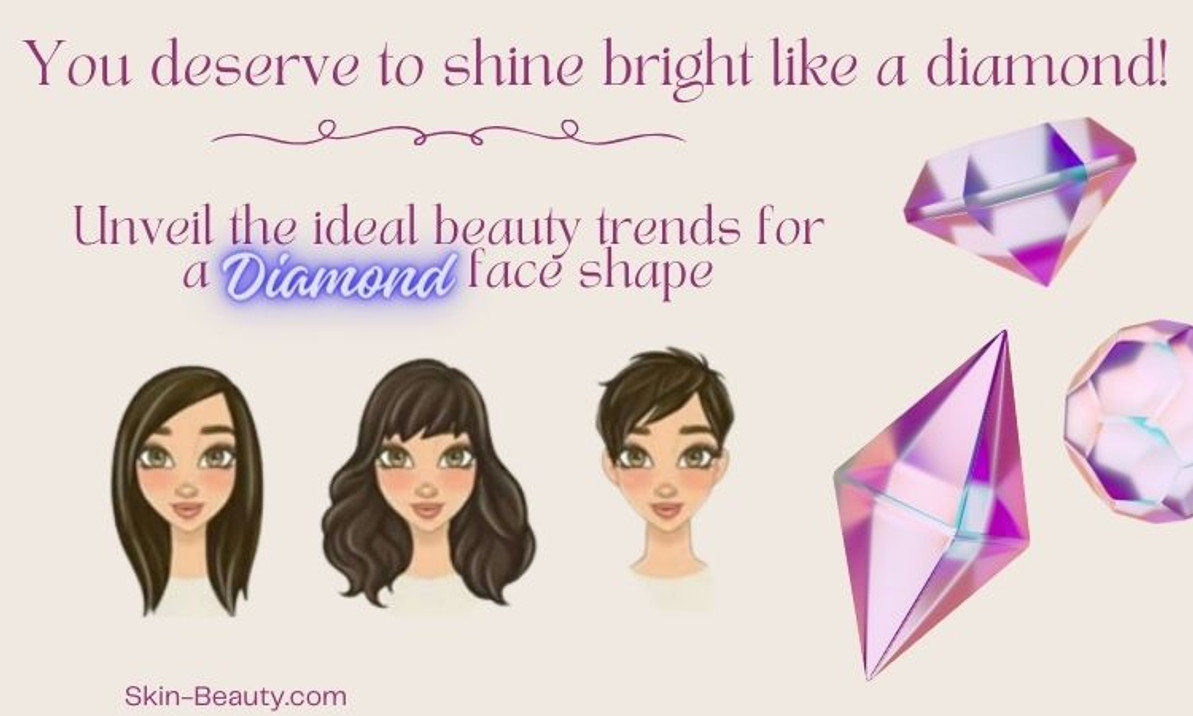Glycolic Acid 101: Benefits, Safety, Tips & Tricks and Product Recommendation
“What does glycolic acid do? What are the benefits of glycolic acid? How to use glycolic for reactive skin? What is the best glycolic toner with glycolic acid? What type of serum with glycolic acid should I use?” Read along, we have all the answers for you!
Glycolic acid has been around for a long time in the skin care industry. It is one of the most popular and effective options available to address skin care needs. It is readily available as an over the counter product in facial cleansers, moisturizers, toners, exfoliants, masks, and serums. Since it comes in many different forms it can be easily be added to your skin care routine. Ideally everyone should have an exfoliant in their skin care routine. They are added in skin care products at a lower concentration. If you are looking for stronger treatments, it can be found in spas and dermatologist offices. They use a higher percentage in their glycolic acid peel. Estheticians and board certified dermatologist can help you choose the right chemical peel for your skin.
Before you start thinking about adding a product to your skin care routine, let's see if it's right for your skin.
What Is Glycolic Acid?
Glycolic acid is an Alpha Hydroxy Acid (AHA) It is derived from sugar cane and has the smallest size molecule of all the AHA's allowing it to penetrate the skin. It is considered a exfoliating ingredient. Its an ingredient added to various skincare products for different purposes.
Is Glycolic Acid an Alpha Hydroxy Acid or Beta Hydroxy Acid?
Glycolic acid is an Alpha Hydroxy Acids (AHA).
What does Glycolic Acid do for your skin?
Glycolic acid is an exfoliant, which means that it breaks down dead skin cells. Glycolic acid works to exfoliate the skin, speed up cell turnover, and boost collagen production.
How Does Glycolic Acid Work?
Glycolic acid works by dissolving the bond that holds dead skin cells to the top layer, allowing the skin to turn over rapidly. It is a form of chemical exfoliant, a type of exfoliant making use of its chemical properties instead of physical exfoliants-like granules. Since the molecule penetrates the skin it reaches deep in the layers of the skin unlike physical exfoliants. By removing this outer layer of debris and dead skin cells, a newer smoother healthier layer of skin is regenerated.
Glycolic Acid Benefits:
ANTI-AGING
As you age, the cellular turnover process slows down. Glycolic acid helps to shed dull, dead skin cells to reveal healthier new skin, bypassing our natural skin recovery cycle. It works to smooth fine wrinkles and improve the skin's tone and texture by stimulating collagen growth. Glycolic acid also plumps the skin and helps boost hydration levels. Best glycolic anti-aging products:
- Glymed Plus Treatment Cream w/ 15% Glycolic Acid, 1.69 oz
- M.A.D Skincare Anti Aging Glycolic Acid Toner. 6.75 oz
ACNE
Glycolic acid contains antibacterial properties. It fights acne by exfoliating the dead skin cells and removing the excess oil that normally clogs pores causing breakouts. When you hear acne, you may think salicylic is the way to go, but not always, in some cases there are benefits in using glycolic acid vs salicylic acid. Glycolic and salicylic acid are both excellent exfoliators and great at fighting breakout, but the main thing to remember is that salicylic is better at treating oily skin and acne-prone skin, while glycolic acid is better at treating mature skin while removing wrinkles and fine lines at the same time! Best glycolic face wash recommendation:
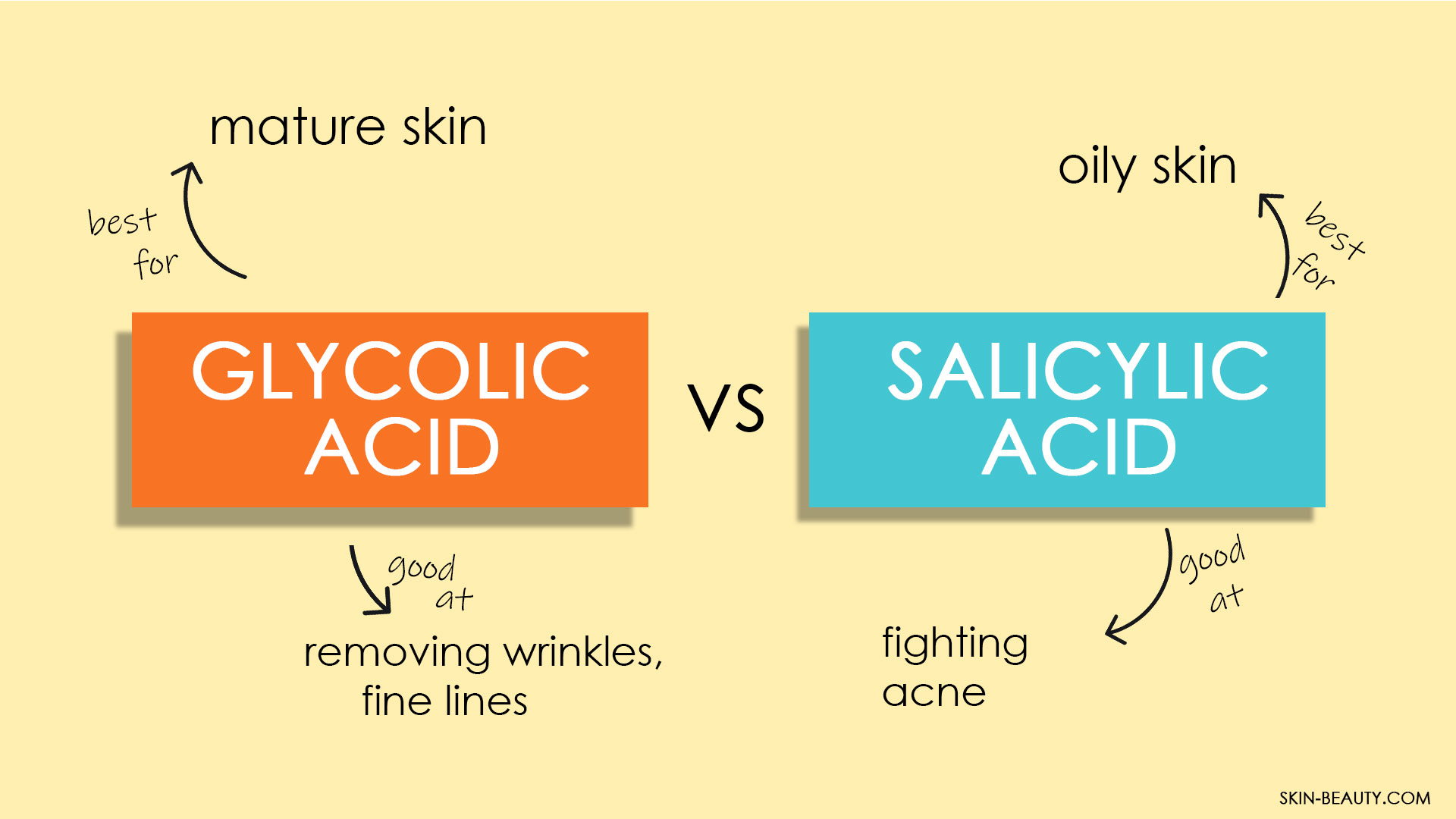
HYPERPIGMENTATION
Because glycolic acid is an effective exfoliator, it helps fade minor discoloration providing a brighter skin and more even complexion, some glycolic products offer spot targeting as well. Due to its tiny molecules, spots from post-inflammatory hyperpigmentation are gone quicker. For best glycolic acid products for hyperpigmentation, we recommend:
IMPROVE ABSORPTION OF OTHER PRODUCTS
Removing dead skin cells allows for subsequent treatment products to better absorb into the skin, allowing them to work more effectively. However, because it is a chemical exfoliator, you would want to avoid using a peel or a physical exfoliator right away. Can I use glycolic acid with vitamin C together? Certainly! Read the complete guide of using Glycolic Acid AHA BHA and Vitamin C safely here: https://www.skin-beauty.com/the-way-to-use-ahas-bhas-and-vitamin-c-in-a-skincare-routine.html
Is Glycolic Acid Safe For Sensitive Skin?
GLYCOLIC ACID AND PREGNANCY
In short, YES it is relatively safe to use glycolic acid during pregnancy. You can still get all the wonders from glycolic acid by choosing your acid carefully and avoiding mixing acids.
Because your skin may become more sensitive at this time, choose glycolic acid that contains less than 10% glycolic acid. Even though your skin may be more prone to breakout than usually, do not use several acids together. For example, do not use AHA and BHA at the same time, but rather use them individually in rotating days or one in the morning and one at night. Remember, your safety is always number one!
IS GLYCOLIC ACID SAFE FOR ALL SKIN TYPES?
While glycolic acid works best for oily, combination, and normal skin types, people with all skin types can use this glycolic acid (with exception of very sensitive skin or skin with rosacea). In general, at-home glycolic use is safe. For those with sensitive skin or dry skin, a high percentage of glycolic acid is definitely not recommended as it may cause irritation, redness or itching. Therefore choose your glycolic acid products carefully by looking at its glycolic acid content and modifying your usage frequency. You may use products with 10% glycolic acid daily, and products with 30% once or twice a week.
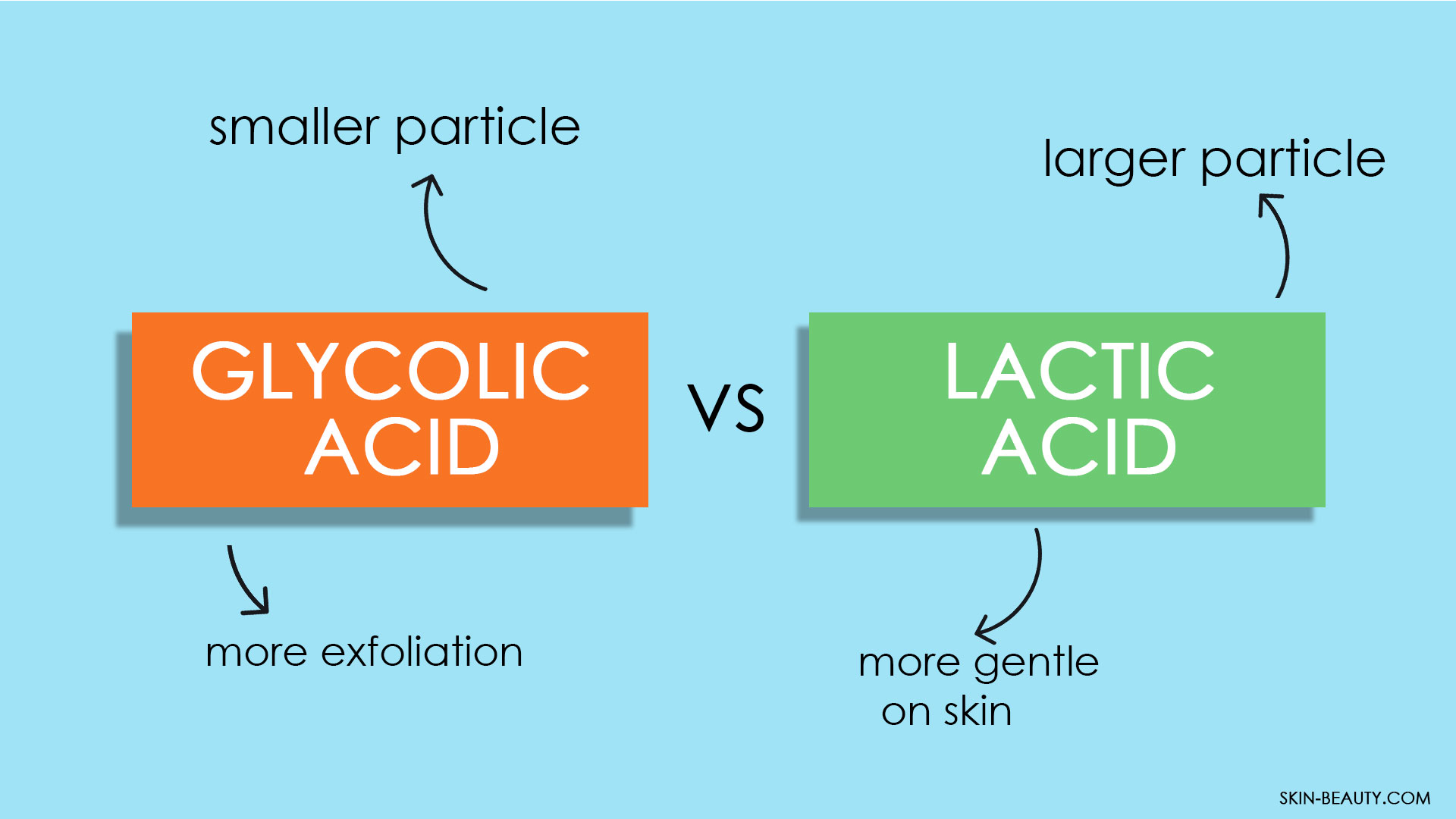
As an alternative, some people may opt for lactic acid. Glycolic acid vs lactic acid: glycolic acid molecules are smaller compared to lactic acid, penetrating deeper into the skin, therefore lactic acid is gentler on the skin and may work better for dry and sensitive skin. Best lactic acid products for dry and sensitive skin recommendation:
Because it is a peel, It is also important to maintain moisture and keep skin protected from the sun when using glycolic acid because it can increase skin sensitivity to UV rays. You can use sunscreen, or if you want to avoid the hassle like me, opt for a moisturizer that contains SPF in them.
Bonus: glycolic acid peel, face wash, peel, serum recommendation!
The best glycolic acid peel, professional dermatologist easy-to-use skincare at home. Repechage Biolight Glyco-Sea Glycolic Acid Peel is your express ticket to smoother, brighter and more luminous skin. These quick 15 minute glycolic acid peels will help reduce the appearance of uneven skin tone and hyperpigmentation due to hormonal changes, post-acne scarring, certain prescription medications, and sun exposure.
We recommend this as the best glycolic acid face wash because it is soap-free, performing very gently on the skin. Jan Marini Bioglycolic Face Cleanser thoroughly cleanse without irritating the skin. This formula is a soap free cleanser and toner, non irritating, and rinses completely without the need for a post-cleansing toner or astringent.
The perfect glycolic acid serum with a low percentage of glycolic acid, suitable for (almost) all skin types. It keeps your skin looking young and minimizes the appearance of fine lines and wrinkles without clogging pores. Arguably one of the best glycolic acid serums out there.
Recent Posts
-
Discover the Perfect Glasses & Styles to Enhance Your Rectangle Face Shape!
Your face shape plays a significant role in determining the most flattering hairstyles and makeup te …Apr 17th 2024 -
Moroccanoil Treatment for Hair: The Ultimate Guide
Moroccanoil Treatment for Hair: The Ultimate Guide In the world of hair care, few products have …Apr 1st 2024 -
You deserve to shine bright like a diamond! Unveil the ideal beauty trends for a diamond face shape
Discover the Perfect Hairstyles and Makeup for a Diamond Face Shape Your face shape plays a …Mar 29th 2024

